U.S. - China Educational Exchanges:
40 Years of Engagement in Higher Education
Dialogue, Engagement Key to Global Security and Prosperity
US Higher Education Leaders Discuss US-China Educational Exchanges, hosted by the Confucius Institute U.S. Center and the US-China Strong Foundation
It has been 40 years since the historic “opening” of China to the West, and much has been accomplished. Five scholars met with members of the media and higher education on Tuesday to discuss the future of US-China Educational Exchanges at the National Press Club, hosted by the Confucius Institute U.S. Center and the US-China Strong Foundation.
For media inquiries, contact Gao Qing at press@ciuscenter.org
Hosted by
Confucius Institute U.S. Center and US-China Strong Foundation
Speakers
Matt Salmon
VP for Government Affairs, Arizona State University Former U.S. Representative
(R - AZ 1st & 5th Districts)
Read Bio
Winston Langley
Professor of Foreign Affairs, Former Provost and Vice Chancellor for Academic Affairs, the University of Massachusetts - Boston
Read Bio
Madelyn Ross
Associate Director of China Studies and Executive Director of SAIS China, Johns Hopkins University School of Advanced International Studies
Read Bio
Program Highlights
Responding to the question of the importance of US-China educational exchanges, Madelyn Ross reminded the audience, “Education has been at the leading edge of US-China relations.” Former US Representative (R-AZ) Matt Salmon affirmed that the US-China relationship is “the single most important bilateral relationship in the world today.”
A major element contributing to the dialogue about educational exchanges has been the establishment of Confucius Institutes in the US. Confucius Institutes provide educational programs dedicated to teaching Mandarin and facilitating awareness and understanding of Chinese culture. Winston Langley and Harvey Perlman recognized the value Confucius Institutes bring to the US. Perlman, former Chancellor of the University of Nebraska, said the University’s connection with a Chinese partner university through the Confucius Institute helped fuel economic development in the Nebraska agriculture industry.
Concerns about Confucius Institutes have been raised recently in the media. When asked about this issue, the panelists indicated that greater dissemination of information about the work of the Institutes would help dispel any confusion and misinformation. Salmon noted that the Arizona State University Confucius Institute has been instrumental in securing grant funding from the US Department of Defense for a program to address a shortage of Americans with professional-level knowledge of a language deemed critical to national security, noting it would be unlikely for the DoD to approve such funding if it perceived the Confucius Institute as a threat.
Jonathon Marek, a Georgetown University School of Foreign Service student and Confucius Institute beneficiary spoke at the event and concurred, adding, “The ultimate value of Sino-American academic exchanges is that we get to understand each other better, irrespective of national differences. Exchanges […] help build the US-China relationship by forging deep ties between American and Chinese students.”
About the Confucius Institute U.S. Center
The Confucius Institute U.S. Center is a (501)(c)(3) nonprofit organization whose mission is to support the teaching and learning of Chinese language and culture in the United States and to foster educational and academic exchanges between China and the United States. The Center serves to support the joint U.S.-China educational programs of the more than 100 Confucius Institutes in the U.S. and to coordinate regional educational initiatives. The Center's mission is aligned with policy initiatives of the United States government that promote Chinese language education and cross-cultural understanding.



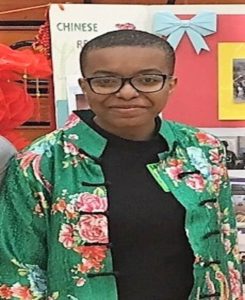


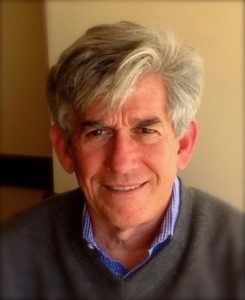
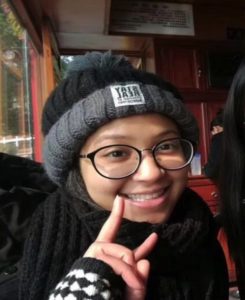
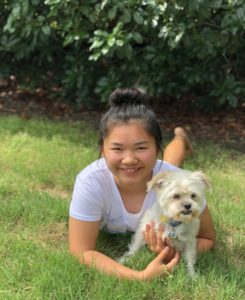

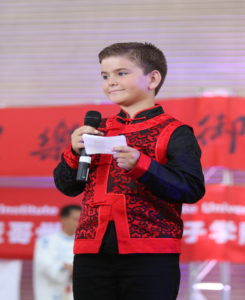
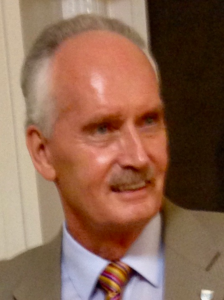
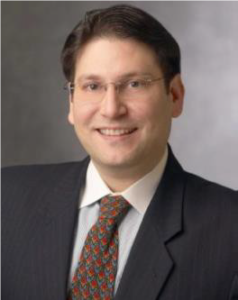

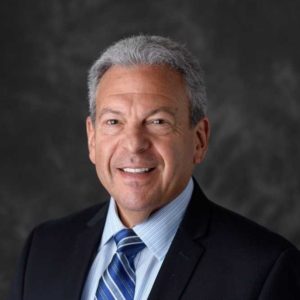

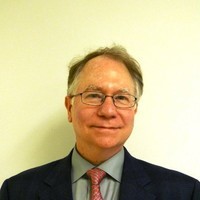
 Dr. Monika Hoffarth-Zelloe has been a foreign language professor for more than two decades.
Dr. Monika Hoffarth-Zelloe has been a foreign language professor for more than two decades.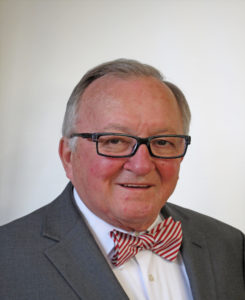 Douglas McDonald is a retired administrative judge from Boston, MA who has recently joined the Confucius Institute at the University of Massachusetts-Boston to tackle yet another language.
Douglas McDonald is a retired administrative judge from Boston, MA who has recently joined the Confucius Institute at the University of Massachusetts-Boston to tackle yet another language.
 Trinity Lewis, 16 years old, attends Omaha Northwest High Magnet School.
Trinity Lewis, 16 years old, attends Omaha Northwest High Magnet School. Kayla Raden is a high school biology and chemistry teacher from New Jersey.
Kayla Raden is a high school biology and chemistry teacher from New Jersey.
